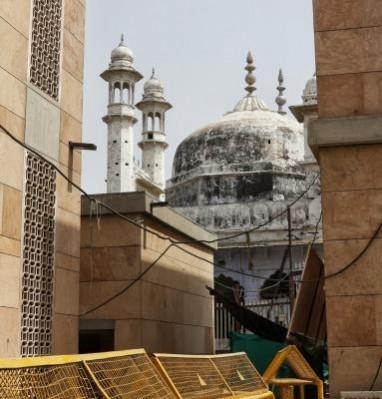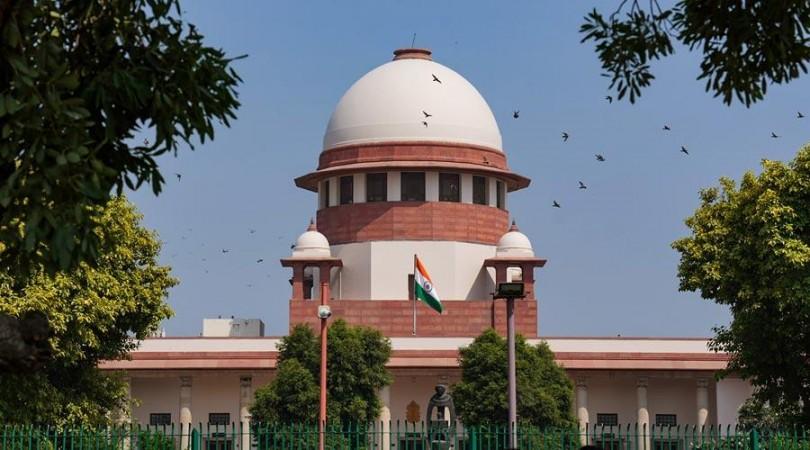The Supreme Court on Monday ordered that a Varanasi court's direction allowing an extensive survey of the Gyanvapi mosque by the Archaeological Survey of India (ASI) will not be enforced till 5 p.m. on Wednesday, saying that "some breathing time" should be given to the Anjuman Intezamia Masjid Committee for appeal.
A bench comprising Chief Justice Of India (CJI) D. Y. Chandrachud and Justices J. B. Pardiwala and Manoj Misra permitted the mosque management committee to move the Allahabad High Court to challenge the order passed by the Varanasi District Court.
"Should the petitioner (Intezamia Masjid Committee) move the High Court, the Registrar Judicial shall ensure it is placed before the appropriate bench, so that it could be heard, before the status quo order (granted by the Supreme Court) comes to an end," the bench ordered.

The apex court passed the above direction after noting that the order of the district court was pronounced at 4.30 p.m. on July 21.
An ASI team had reached the mosque to carry on the survey on Monday.
At the outset, the CJI-led bench was inclined to post the plea on Tuesday or on July 28 for hearing, with directions to ASI to not carry out any excavation or invasive activity during the survey
However, the apex court agreed to hear the matter on an urgent basis after senior advocate Huzefa Ahmadi, representing the mosque management committee, told the court that ASI has started digging at the western wall of the complex and urged for a status quo order.
On directions of the court, Solicitor General Tushar Mehta took instructions from ASI officials.
He said that during the survey, no excavation or structural changes would be made and techniques like radar imaging using drones are being used.

"Not even a brick has been removed, nor is it planned to be removed. Presently, only measurements, photography, radar imaging is going on- which will not affect the structure," he added.
On Monday morning, the ASI had started a comprehensive survey, using dating, excavation and ground penetrating radar (GPR) techniques of the barricaded area of the Gyanvapi mosque on Monday following an order passed by the court of the Varanasi district judge on July 21 allowing the exercise.
The district court directed the ASI to ascertain whether the mosque was built over a pre-existing Hindu temple, holding that the scientific investigation is "necessary" for the "true facts" to come out.
The Varanasi court order sought a report from ASI up to August 4 when the matter will be taken up next. The court, however, ordered excluding the section which has remained sealed since the Supreme Court order in May 2022.
The area under seal is where Hindus insist a Shivling has been found, while Muslims claim it is part of a fountain.
"The director of ASI is directed to conduct a detailed scientific investigation by using GPR Survey, excavation, dating method and other modern techniques of the present structure (mosque) to find out as to whether same has been constructed over a pre-existing structure of a Hindu temple," said the court order passed on July 21.

The court order came on applications moved by four of the five Hindu plaintiffs who filed a suit in August 2021, demanding the right of unhindered worship at the Maa Shringar Gauri Sthal.
The mosque management committee, in its reply, refuted that the mosque was built over a temple, maintaining the structure at the spot was always a mosque.
Represented through advocates Ansari and Ikhlaaq Ahmad, the management committee opposed the survey, saying such an exercise cannot be ordered to collect evidence.
(With inputs from IANS)

















